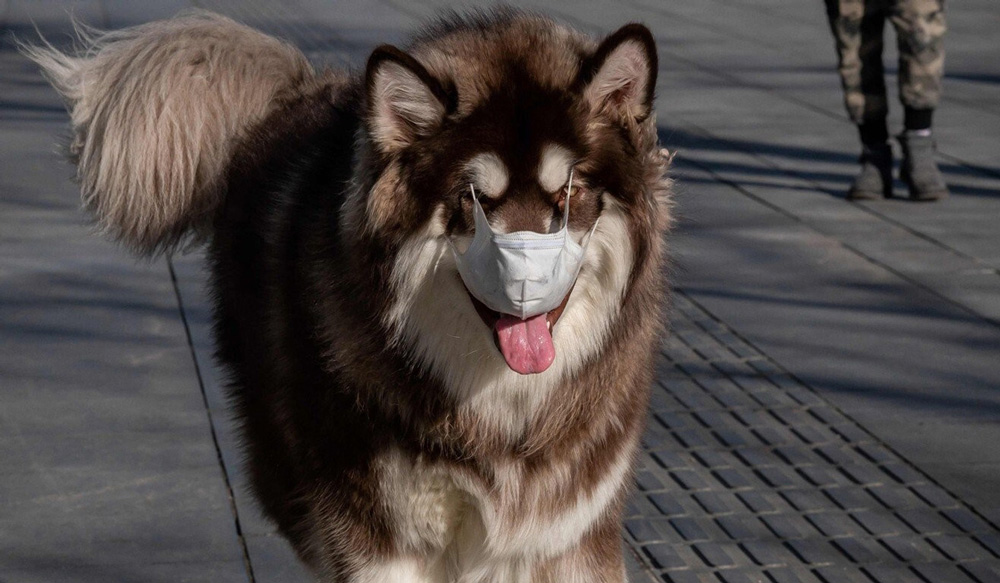
Cats and dogs are prone to Coronavirus disease (COVID-19), but not so much. According to scientists, it is still unsure if pets can spread the virus to people, so owners are suggested not to panic so far.
As claimed by the Chinese researchers, cats are more vulnerable to COVID-19 than dogs and can impart it to the other cats but still, no evidence can explain that pets can transmit COVID-19 to people; hence pet owners need not panic yet.
In COVID-19 transmissibility experiments performed by a research team from the Chinese Academy of Agricultural Sciences, Harbin Veterinary Research Institute in northeast china, the scientists concluded that cats are more prone to COVID-19 and the virus can precisely replicate in them and the cause of virus transmission among cats is respiratory droplets.
What about other animals?
Similar experiments were carried out in livestock and the scientists concluded that they were not vulnerable to the virus.
COVID-19 experiments on dogs suggested that dogs are less susceptible to the virus. Although viral particles were observed in the feces of the dogs; however, no infectious virus was reported.
Can pets be a source of COVID-19 spread from animals to humans?
Limited reports state that a few cats and dogs tested positive for coronavirus showed no obvious signs and symptoms of the disease. These reports triggered the concern of whether or not pets spread COVID-19 to humans.
Scientists say that these findings are valuable but still, there is no genuine evidence of the spread of COVID-19 from pets to humans.
Dr. Muhammad Munir, a virologist at Lancaster University, said that since it is a new disease so it is too early to assume anything on the spread of the virus among animals and from animals to humans. Further, he added that it is better to go for testing of animals just like humans and, if they are tested positive, the pet owners must quarantine their pets.
Linda Saif, a virologist at Ohio State University in Wooster, suggested that there was no obvious evidence for the transmission of the virus from animals to humans. Further, she stated that these research findings were based on the lab experiments which might have used high doses of the virus and thus give no exact reason for interaction among humans and pets.
Hence, pet owners were asked not to panic but were advised to adopt some precautionary measures.
Precautionary measures to avoid COVID-19
Since there is no obvious evidence of transmission of coronavirus from animals to humans, due to the presence of zoonotic diseases it is recommended that:
- Limit contact between COVID-19 patients and animals\pets
- Always wash hands properly before and after dealing with the animals\pets
- Avoid licking, kissing and sharing foods with the pets
- Pets of the COVID-19 patients must be kept indoors and close contact with them must be avoided
Since there is no clear evidence that pets play an epidemiological role in the spread of COVID-19, the owners are suggested not to panic but still, they must continue to observe proper hygienic measures to prevent their pets, themselves and the society from the drastic effects of COVID-19.
REFERENCES:
- https://www.scmp.com/news/china/science/article/3078153/cats-more-susceptible-covid-19-dogs-no-pet-lovers-have-cause
- https://www.oie.int/en/scientific-expertise/specific-information-and-recommendations/questions-and-answers-on-2019novel-coronavirus/
Author: Namra Kareem, Bahauddin Zakariya University, Multan-Pakistan
Very informative ..keep.it up